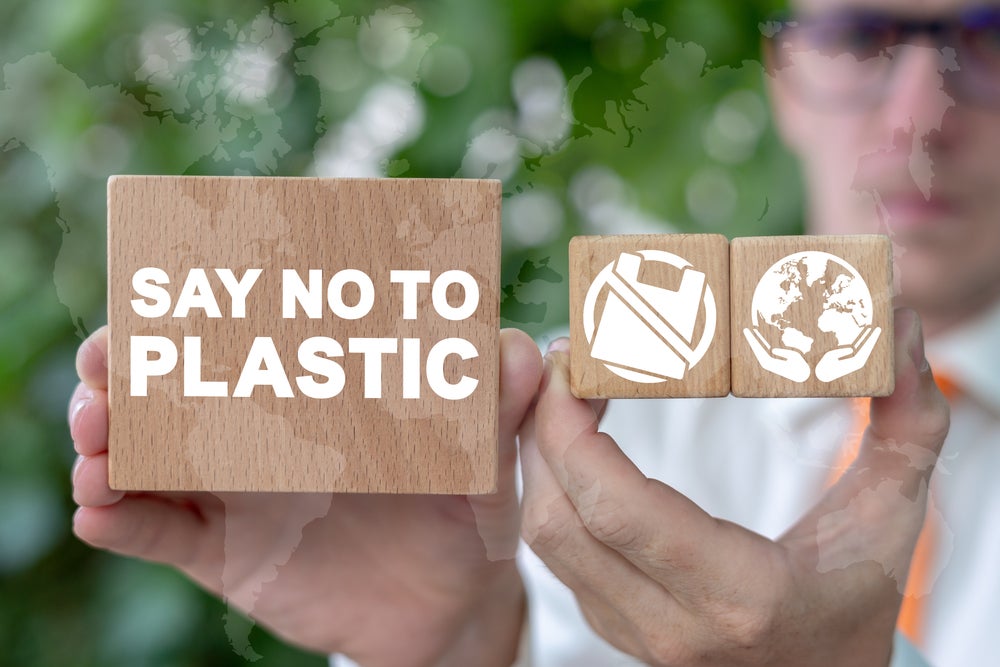
The European Union (EU) is grappling with a dilemma as it considers proposed amendments to its Packaging and Packaging Waste Regulations (PPWR).
The EU’s intention is to reduce waste and pollution through new rules, but recent amendments have raised concerns about their unintended consequences.
One particular amendment mandating the reuse of packaging has the potential to cause a surge in plastic waste, contradicting the EU’s environmental goals. The amendments may be counterproductive and have a negative impact on recycling efforts and the environment.
Amendments favour mandatory re-use rules for plastic packaging
The proposed amendments to the PPWR include mandatory re-use rules for transport packaging. However, critics argue that these rules are too broad and do not consider the nuances of different packaging materials.
While the intention in promoting re-use is commendable, there is concern that imposing such rules without sufficient consideration can penalise recyclable materials such as cardboard and inadvertently favour the plastics industry.
Trade association FEFCO [the Fédération Européenne des Fabricants de Carton Ondule or European Federation of Corrugated Board Manufacturers]’s analysis indicates that rather than seeing a significant reduction, the amount of unnecessary plastic transport packaging produced could double by 2040.
Cardboard in the circular economy
Smurfit Kappa, a leading packaging company, emphasises the importance of sustainable packaging and highlights the role of substitutes for plastics, particularly renewable, recyclable and biodegradable paper-based products.
Cardboard in particular plays a vital role in the EU’s transition toward a circular economy. Smurfit Kappa’s CEO, Saverio Mayer, underlines the fact that cardboard is fully renewable, recyclable and biodegradable.
The company has a high-performance recycling system for cardboard, achieving a recycling rate above 90% – the highest among all packaging materials in Europe.
With an average recycled content of 89%, corrugated cardboard packaging contributes significantly to reducing plastic usage and waste.
Environmental harms of plastic packaging
Only 9% of plastic is globally recycled. This low rate has negative environmental impacts and coupled with the use of fossil fuels in plastic production, creates an unsustainable situation. While a small portion of plastic may be recycled, it ultimately contributes to CO₂ emissions when burned or when it becomes litter, since it is unable to biodegrade as cardboard does.
The need for reducing plastic production is urgent, and campaigners, including Greenpeace, rightly argue that increasing plastic usage contradicts the principles of a circular economy.




